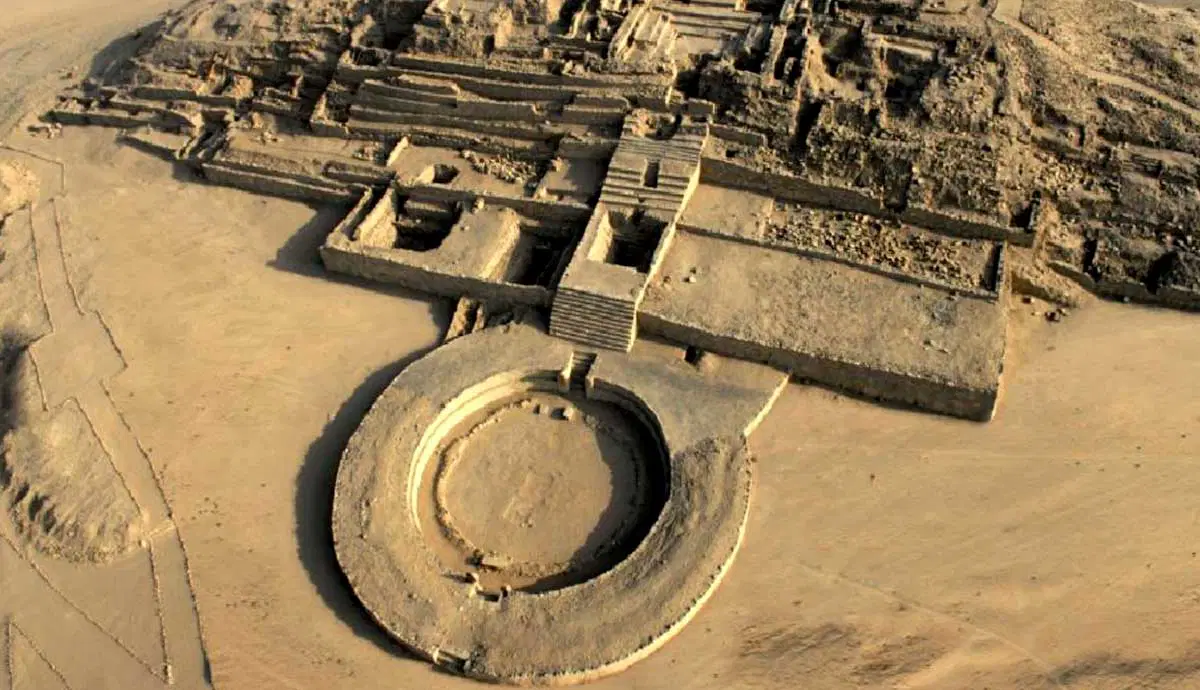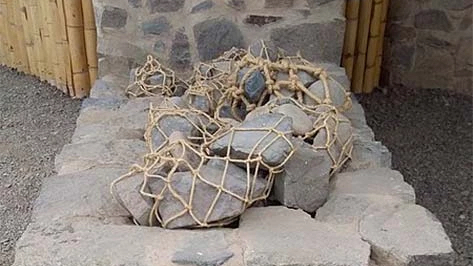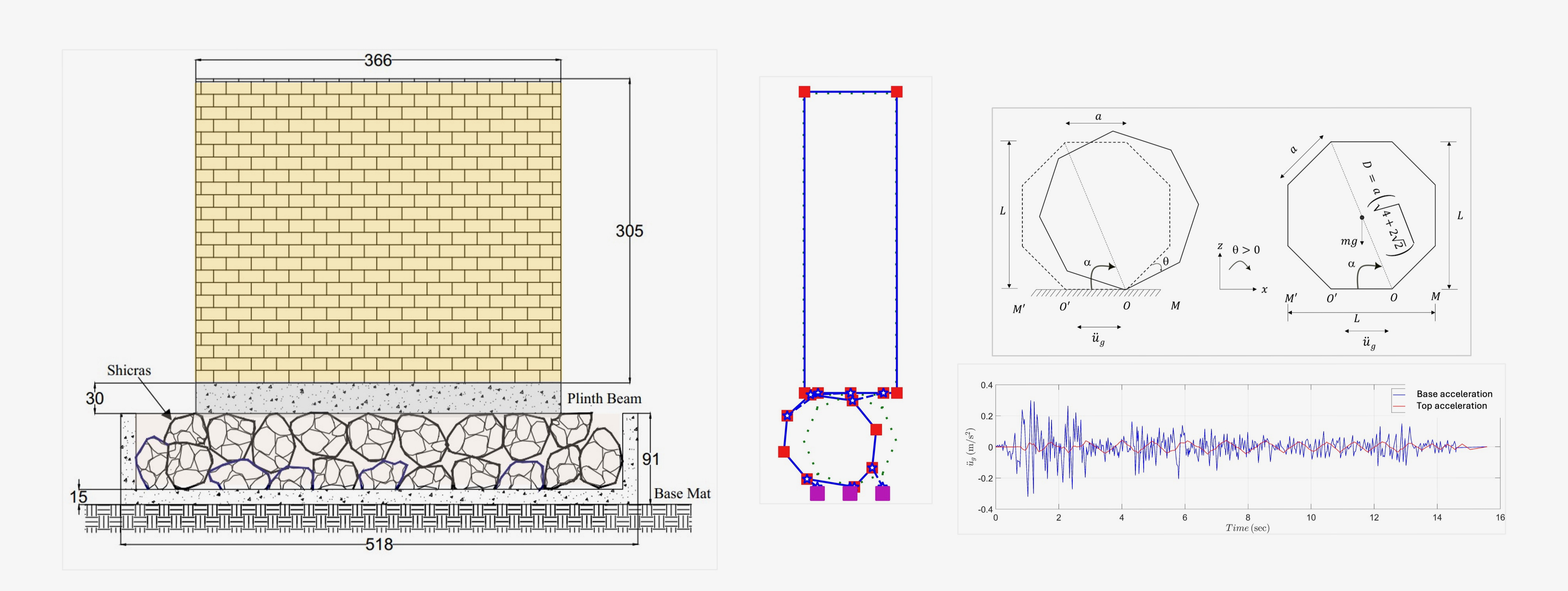Re-discovering Shicras as a low-cost seismic isolation system
Seismic isolation systems are highly effective in protecting structures from earthquakes, but they remain prohibitively expensive, particularly for low-income communities. Due to long-standing socio-economic challenges and political neglect, millions of people around the world live in buildings that are highly vulnerable to seismic activity.


In this context, the ancient Peruvian technology known as shicras offers a promising, low-cost, and efficient alternative. Used over 5 000 years ago by the pre-Inca Caral-Supe civilisation, shicras consist of vegetable fibre bags filled with stones. These bags, discovered in the foundations of ancient structures, have been credited with helping buildings survive centuries of deadly earthquake in one of the most seismically active regions in the world.
Although there is a dearth of scientific studies on shicras, the few existing tests confirm their vibration control benefits: the stones inside the bags roll and shift during an earthquake, dissipating energy and reducing the forces and accelerations transmitted to the structure above.

We are working to adapt this ancient method for modern use by enhancing the traditional shicra design with recycled materials, further improving its stability and energy dissipation capabilities. We are conducting analytical, numerical, and experimental tests to better understand the potential of shicras for earthquake vibration reduction and optimize their design for contemporary construction.
This research presents an exciting opportunity to develop a cost-effective, sustainable, and locally sourced seismic protection solution accessible to all.
PhD Researcher: Atif Rasheed
Contact us
Dr Christian Málaga-Chuquitaype
Department of Civil & Environmental Engineering
Email: c.malaga@imperial.ac.uk
Tel: +44 (0)207 594 5007
Find us here